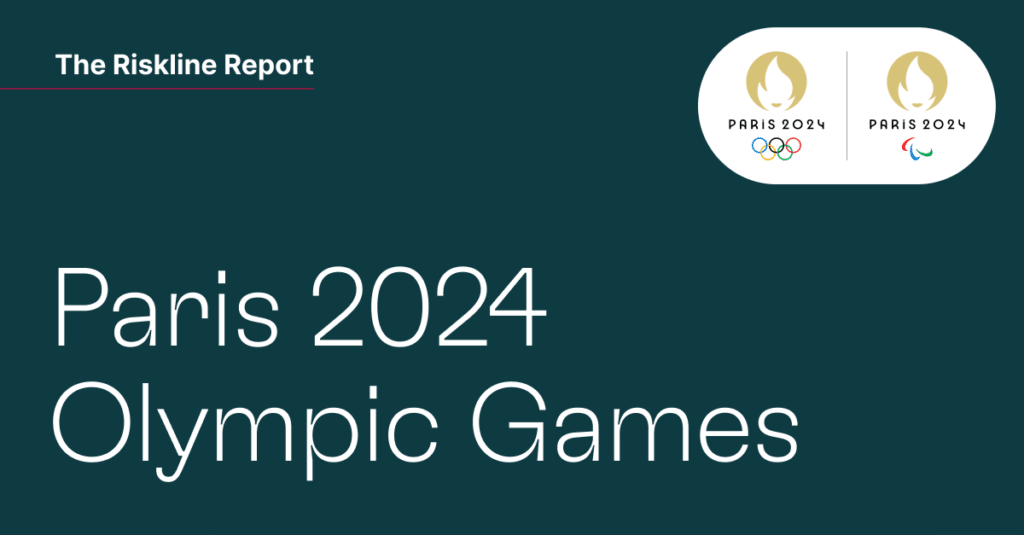A century after first hosting the Summer Olympics in 1924, the Games are back in Paris for the 33rd Olympiad. Although Paris is already one of the most-visited cities in the world, the event is expected to attract 15 million spectators, many locals and domestic day trippers, and up to 3 million additional visitors in Paris. The huge influx of tourists could create many issues such as longer travel times, booked hotels near venues, an increase in traffic, etc. Here is a summary of key information that could be of help when planning your trip.
Visas
Most non-EU travellers will need a visa to enter France. We recommend checking entry requirements via the official France Visa Portal. In addition to a valid visa, travellers from non-Schengen countries must be in possession of a passport issued less than 10 years ago and be valid for at least three months after the intended departure date.
Effective from 1 January 2024, France launched an online system to facilitate the visa applications of certain attendees to the Olympic and Paralympic Games. Travellers should consider delays in visa appointments and visa processing times due to the significant influx of visitors.
Transport
Public transport
The Régie Autonome des Transports Parisiens (RATP) operates the Paris Metro, RER and tram and bus networks, while the state-owned railway company SNCF operates the Transilien commuter lines. Travellers are advised to download the RATP’s Next Stop Paris app, available in French, English, German, Italian, Spanish, Dutch, Japanese, Brazilian, Russian and Mandarin Chinese, for itineraries and maps. A special flat-rate pass for 16 Euros a day or 70 Euros a week during the games will be available for travel around Paris and its region, including Charles de Gaulle and Orly airports.
Flights
Paris’s largest airport is Charles de Gaulle International Airport (CDG/LFPG), located 23 kilometres (14 miles) northeast of Paris. It is the main hub for the national carrier, Air France, which will include direct daily routes from Paris Orly (ORY/LFPO) to the cities of Bordeaux-Mérignac (BOD/LFBD), Lille (LIL/LFQQ), Lyon Saint-Exupéry (LYS/LFLL), Marseille Provence (MRS/LFML), Nantes Atlantique (NTE/LFRS) and Nice Côte d’Azur (NCE/LFMN), where other events will be held during the 2024 Games.
Staying safe
Protests
There is a looming potential for protests across a spectrum of issues. These may encompass concerns such as pension reform, immigration law, escalating energy prices, environmental concerns, the Israel-Hamas and Russian-Ukraine conflicts and grievances voiced by unionised workers and anti-establishment Yellow Vests (gilets jaunes). Anticipated to occur both before and during the Games, these demonstrations have the potential to cause disruptions for travellers. Visitors are urged to exercise caution and refrain from attending or venturing into areas with heightened security forces or ongoing demonstrations, as there is a potential risk of incidental violence.
Laws
Local Laws: It is illegal in France to not offer some form of assistance to a person who appears to be in danger; however, it does not apply to instances where assisting may endanger the responder’s life.
Identification: All citizens and foreign travellers to France must carry photographic identification at all times. Visitors are advised to ensure that all travel and identification documents are in order.
Traveller advice – Security
Crime
Most often, pickpocketing, bag snatching, and theft of valuables are small-time crimes that prey on foreign tourists in Paris. Locations most susceptible to such opportunistic crimes include highly trafficked tourist spots like the Eiffel Tower, Notre Dame, the Champs-Elysées, Saint-Michel, the Bastille and the Centre Pompidou/Châtelet/Les Halles. Organised gangs of pickpockets, including children, have also often targeted tourists at the Louvre. Pickpocketing and theft also frequently occur at public transportation hubs. Do not carry large amounts of cash; keep credit cards in a concealed pocket or pouch rather than a bag. Avoid overt displays of wealth and be aware of your surroundings
Fraud
Unlicensed taxis, ATM fraud, credit card theft, identity theft, and other criminal schemes are all common. Examples include police officer impersonation, fining tourists for insignificant offences, and fraudulent petitioners obtaining funds for fictitious causes.
These frauds occur most frequently at outdoor tourist sites and attractions, and transport hubs like airports and rail stations. Criminals may work alone or in a group, and often use various techniques to attract and fraud potential victims.
Read the complete in-depth informer covering all sections for the Paris Olympics.
